Search
Search Results
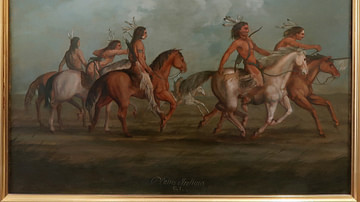
Definition
Plains Indians
The Plains Indians (also known as Native Americans of the Plains and Prairie, Indigenous Peoples of the Great Plains) are the original inhabitants of the western plains of North America, now part of the United States and Canada. They are...
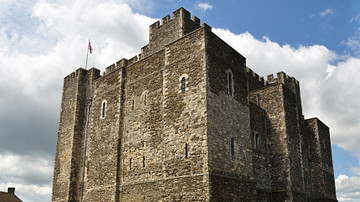
Definition
Dover Castle
Dover Castle, located in the southern county of Kent, is one of the largest castles in England and one of the first to have concentric defensive walls. First built in 1066 CE by William the Conqueror to help prevent anyone repeating his own...
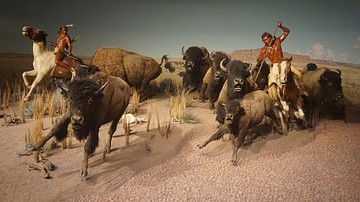
Article
Buffalo and the Plains Indians
The buffalo were essential to the Plains Indians, and other Native American nations, as they were not only a vital food source but were regarded as a sacred gift the Creator had provided especially for the people. Buffalo (bison) supplied...
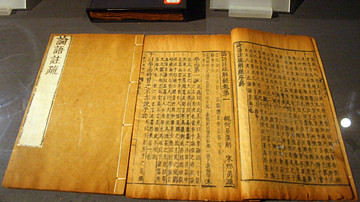
Definition
Confucianism
Confucianism is a philosophy developed in 6th-century BCE China, which is considered by some a secular-humanist belief system, by some a religion, and by others a social code. The broad range of subjects touched on by Confucianism lends itself...
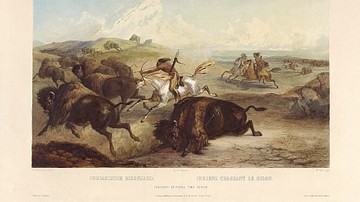
Collection
Twelve Stories of the Plains Indians
The stories of the North American Natives articulate and preserve their culture and history. Although the indigenous Nations of North America were, and remain, diverse, storytelling was central to every community, whether a small village...
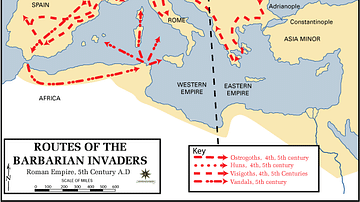
Definition
Western Roman Empire
The Western Roman Empire is the modern-day term for the western half of the Roman Empire after it was divided in two by the emperor Diocletian (r. 284-305 CE) in c. 285/286 CE. The Romans themselves did not use this term. At its height (c...
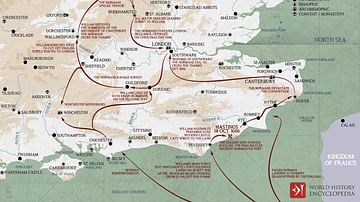
Article
William the Conqueror's March on London
William the Conqueror (r. 1066-1087 CE) was victorious at the Battle of Hastings in October 1066 CE, and Harold Godwinson, King Harold II of England (r. Jan - Oct 1066 CE) was dead. The English throne and kingdom were there for the taking...
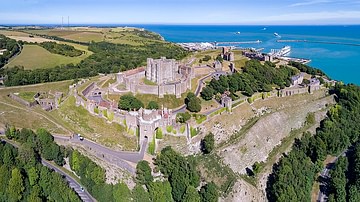
Image
Dover Castle
Dover Castle, Kent, England. First built by William the Conqueror in the 11th century CE it was then extensively rebuilt with new walls and a keep added by Henry II (r. 1154-1189 CE)
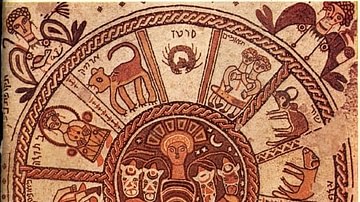
Definition
Western Astrology
Western astrology refers to a form of divination based on the motion of astronomical objects such as stars or planets. The belief that astronomical objects are divine or influence events on Earth is found in many cultures, but the practices...
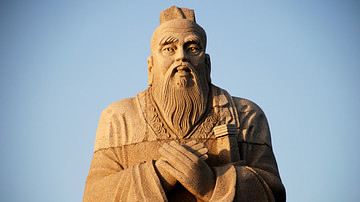
Article
Similarities Between Eastern & Western Philosophy
Although there are certainly differences between Eastern and Western philosophical systems, they both aim at the same goal of apprehending Truth and understanding the best way to live one's life. Modern-day scholarship often makes a serious...